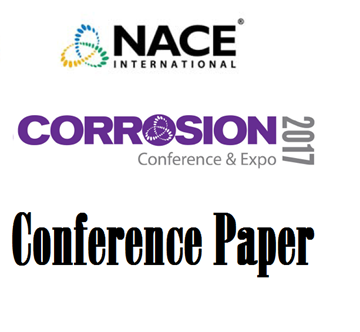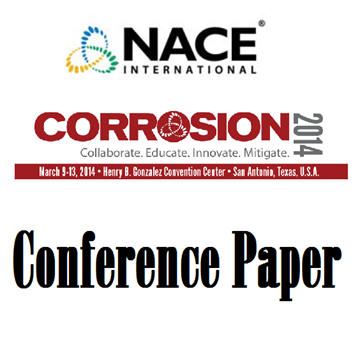Search
51314-4459-Advances in Materials and Corrosion Control in Fossil and Alternative Fuel Combustion and Conversion
Also Purchased
Materials Compatibility Issues in Biofuels – A Review
Product Number:
51317-10039-SG
ISBN:
0039 2017 CP
Publication Date:
2017
$20.00
10078 Corrosivity of Anhyddrous Etthanol, Hydrated Ethanol and Fuel E25 (25% Ethanol/75% Gasoline)
Product Number:
51300-10078-SG
ISBN:
10078 2010 CP
Publication Date:
2010
$20.00
Failure Analysis of Reactor Effluent Air Cooler (REAC) in a Hydrocracker Unit
Product Number:
51314-3730-SG
ISBN:
3730 2014 CP
Publication Date:
2014
$0.00




